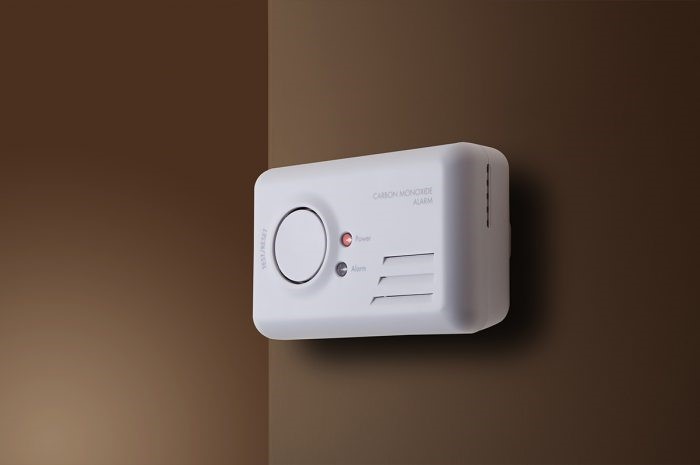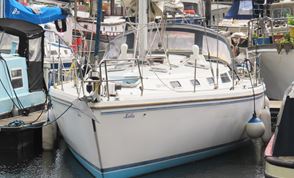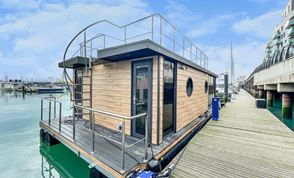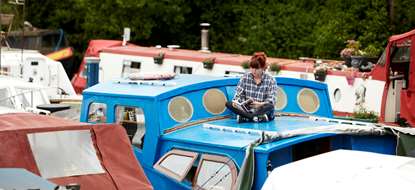Carbon monoxide alarms are mandatory - did you know?
From 1 April 2019 it became mandatory for at least one carbon monoxide (CO) alarm on all private and non-private boats in scope of the Boat Safety Scheme (BSS) requirements.
BSS Certifications will not be issued to boats without alarms. The new BSS requirements apply to boats with accommodation spaces i.e. areas within a boat surrounded by permanent boat structure and where carbon monoxide gas may accumulate.
Although the need for CO alarms was introduced to help protect boat owners from sources of the toxic gas from neighbouring boats, the alarms are also expected to prevent death or injury to crew members from their own boat engines or appliances.
Be alarmed!
There are four new check items in the BSS examination:
- The provision of alarms in suitable numbers—this check ensures everyone on board can hear the alarm if it activates
- An advice check for private boats, promoting a CO alarm in the same space as a solid fuel stove—stoves can present a specific risk if flue gases enter the cabin
- The requirement for CO alarms to be placed in open view, be of a certified quality and have a test function button
- The requirement for CO alarms to be in good and working condition, showing no signs of damage, being within any visible expiry dates and passing the function test using the test button
The BSS has published a new handout as an essential guide to all the new requirements and background information. It covers what is required and how the checks will be carried out by BSS examiners and how the alarms can keep crew members safe, including:
- CO alarm makers guidance about where to place a CO alarm to achieve best protection
- What type of CO alarm to buy
- What to do if a CO alarm goes off
- What to do if carbon monoxide poisoning is suspected











